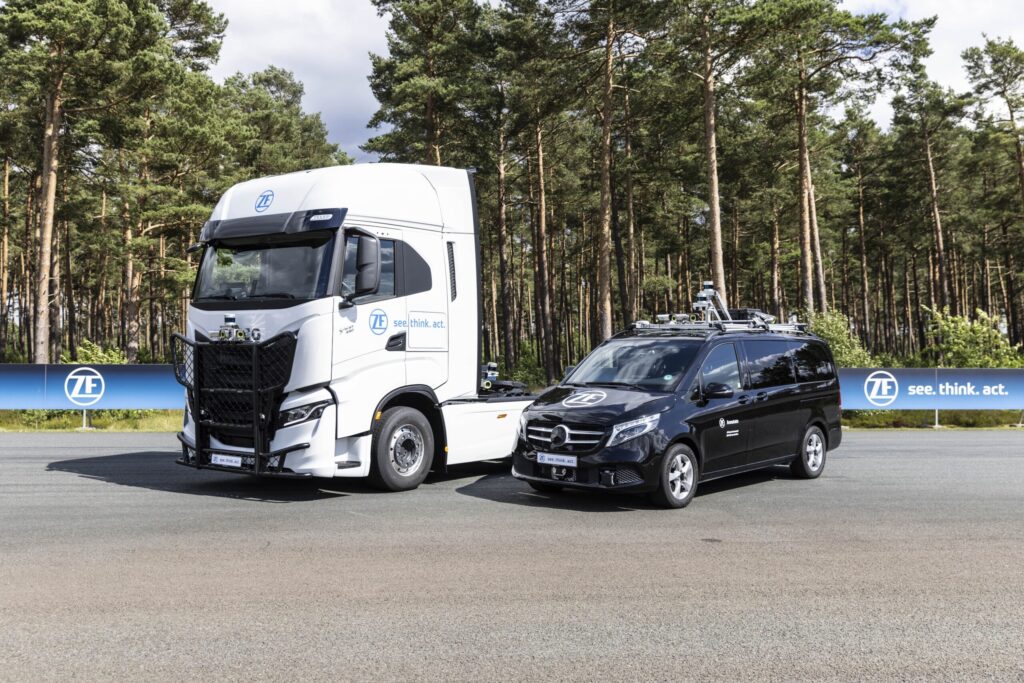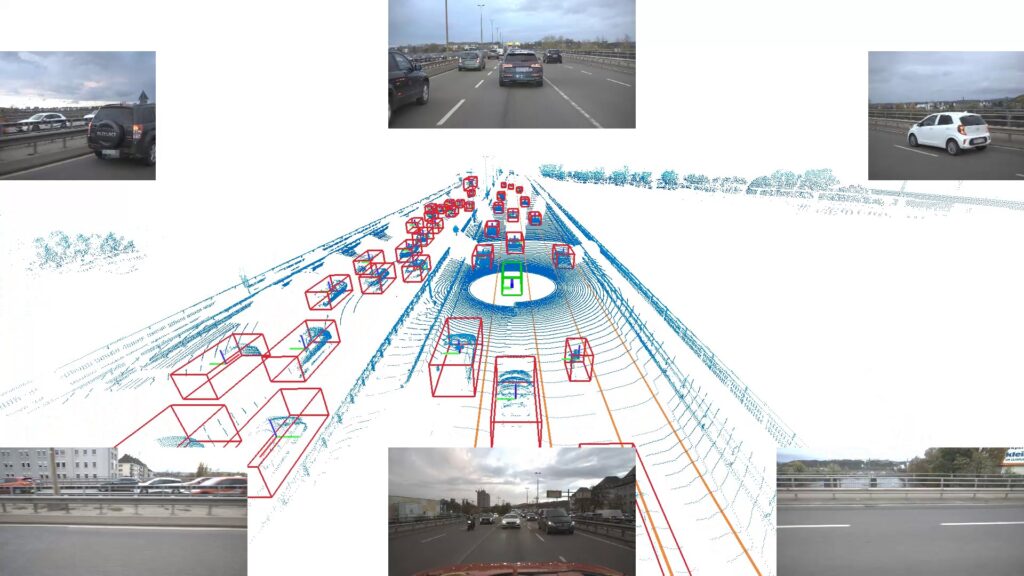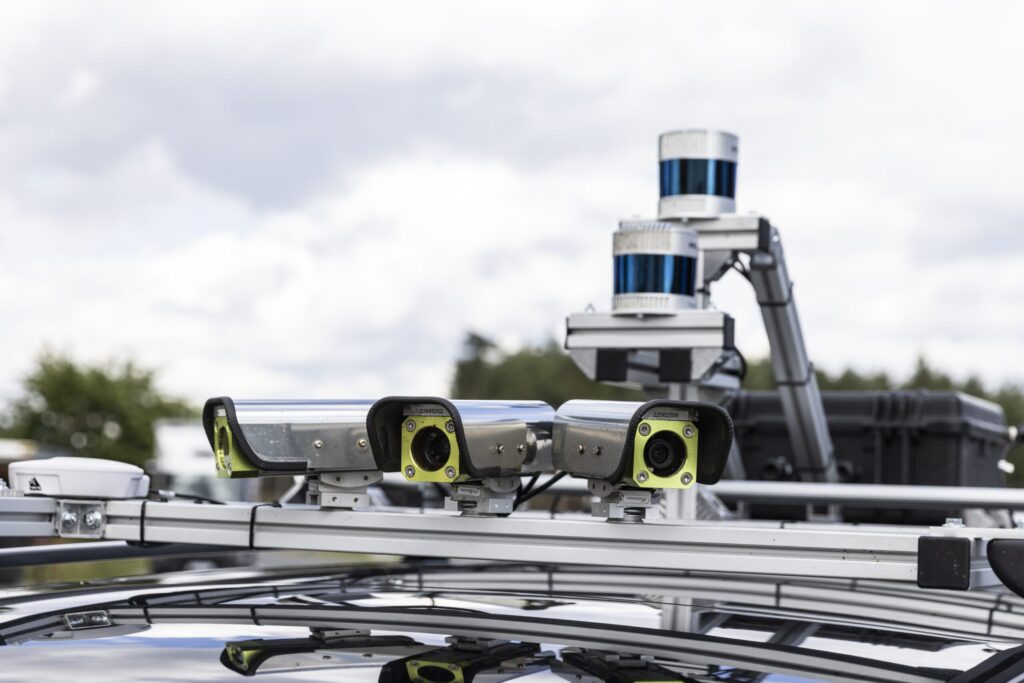Blog
AI supports the development of perception systems. ZF presents the Annotate service
Cameras, radars, lidars and ultrasonic sensors continuously provide information that allows the vehicle to create a three-dimensional image of its surroundings. Systems need to recognize various objects in real time, including: vehicles, people, lanes and road signs. Sensor data must be digitally processed correctly so that the vehicle always receives the “absolute truth” – known in the industry as ground truth – to calculate and implement the driving function based on it. The German company ZF has proposed a proprietary solution in this area – ZF Annotate. The cloud-based AI service is designed to accelerate the development and verification of advanced driving automation systems. The service works – regardless of the tested set of sensors – as a stand-alone configuration. The reference data is processed and annotated in the cloud, then a comparative measurement is performed. Artificial intelligence for greater speed and greater security “ZF Annotate combines the advantages of a robust and independent set of reference sensors with a scalable cloud service that uses intelligent 2D and 3D tracking algorithms,” says Dr. Holger Klein, CEO of ZF Group. Previous comparable systems relied primarily on 2D annotations and thus mapped the environment in terms of distance and horizontal angle. ZF Annotate’s 3D-enabled feature adds depth information to the data, making the solution optimize a previously labor-intensive and expensive service. Up to 10 times faster and 80% cheaper Develop once, deploy everywhere: flexibility The company ensures that the recorded reference data is not limited to the front view only. Depending on customer requirements, a set of reference sensors can provide a comprehensive 360-degree view, providing a detailed and precise representation of the vehicle’s surroundings. Additionally, ZF Annotate can be used in all vehicle classes, both passenger cars and commercial vehicles. The service was presented on June 27, 2024, during the ZF World Technology Day in Jeversen, Hannover. Source: ZF – biuro prasowe World premiere: ZF Annotate uses AI for the development of ADAS and AD systems – ZF
|




